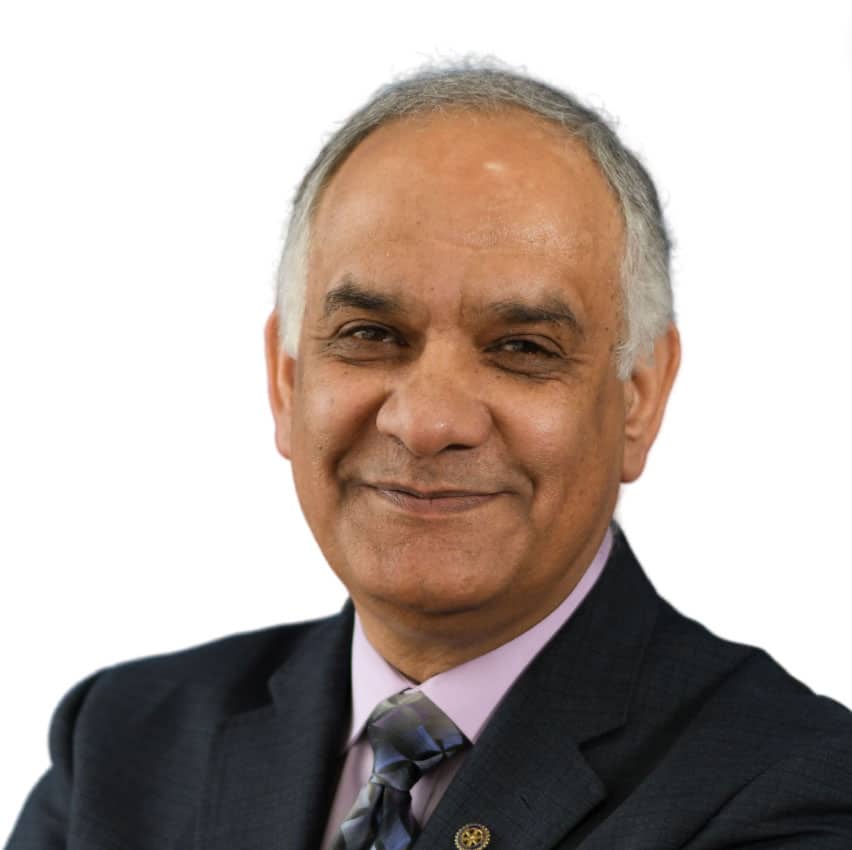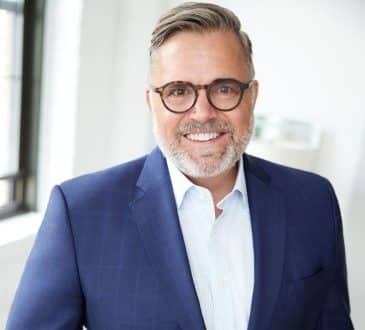Why Your 401(k) Isn’t Enough

If you lead an organization that offers a 401(k) savings program, you are part of America’s retirement planning system, a vast and fragmented collection of employers, professionals, and service providers who claim to know the secret to successful retirement planning: accumulating wealth.
Is your company’s 401(k) program really preparing your employees for their retirement years? Could it be reinforcing dangerous myths about retirement planning? Could it be masking problems that your employees won’t discover until years later, problems that could cause them to look back with disappointment at the way your company prepared them for retirement?
Researchers say yes.
Two Transamerica studies looking at retirement planning revealed several fascinating findings. One, employers are a vital resource for employees to turn to when it comes to help with retirement planning; and two, the efforts of employers are woefully inadequate. Employees consider the availability of a 401(k) plan to be an important consideration in choosing their employer. Yet, two-thirds of the participants, all retirees in the studies, said that their most recent employers did “nothing” to help pre-retirees transition into retirement. Sixteen percent were “not sure” what their employers did.
The Transamerica studies went on to say that, despite the reality that most people in America rely on employee benefit plans to prepare for retirement, few are “very confident” about retirement. When asked about their greatest retirement fears, retirees most frequently cited declining health that requires long-term care (47 percent) and a reduction in or elimination of Social Security (47 percent). Losing their independence (38 percent) and outliving their savings and investments (37 percent) were also often cited retirement fears.
I’ve spent my career as an elder law attorney serving as a first responder of sorts to older adults for whom these fears have become reality. I’ve seen the terror in their eyes as they face the prospect of going broke paying for long-term care. I’ve listened to them express their disbelief that their retirement years were turning into a nightmare, even though they had a large nest egg, all the right legal documents, and long-term care insurance.
According to research conducted by Amos Bailey and VJ Periyakoil at Stanford University, though most Americans hope to be able to live out their lives in their own homes, the reality is that less than 30 percent will be able to do so. Retirees have a 70 percent chance of being somewhere other than home when they take their last breath. They will likely be living in a long-term care facility, such as a nursing home, hospital, or hospice house. In a 2001 article published in the New England Journal of Medicine, researchers Amy D. Sullivan, Katrina Hedberg, and David Hopkins revealed that retirees who fall ill have a 69 percent chance of becoming a burden on their families. Studies conducted in 2015 by Sudipto Banerjee reveal that the majority of people who deal with incapacity will lose assets to uncovered medical and long-term care costs.
Together, I call this trifecta of problems “retirement plan failure.”
Could the retirement planning education offered by employers be contributing to what amounts to a national epidemic of retirement plan failure? In my opinion, the answer is yes.
Retirement planning education delivered in the workplace tends to be traditional advice, which is almost always financial in nature. Traditional retirement planning advice overlooks the reality that planning efforts need to be coordinated across five areas of life: health, housing, financial, legal, and family. This omission creates gaps that almost always result in retirement plan failure. In my book Your Retirement: Dream or Disaster?, I address this concept of retirement plan failure at length, including causes, contributing factors, and remedies.
If your organization is serious about offering benefit programs that enable you to attract and retain the best talent, enhance your stand-alone 401(k) with a comprehensive retirement education program that shows your employees to how avoid retirement plan failure. In the process, you will be doing your part to dispel the most dangerous myth of all: that a healthy nest egg is the only prerequisite for a successful retirement. The fact that 70 percent of Americans are unable to live out their last days in the own homes is proof positive that the current retirement planning paradigm is missing the mark. It is time to rethink how we guide employees through the retirement planning journey. As CEOs, let’s lead the way.
Written by Rajiv Nagaich.
Have you read?
Wealthiest Sports Owners in the World?
World’s Richest Actors And Their Net Worth.
World Richest Tennis Players And Their Net Worth.
Richest NFL (National Football League) Players.
Top CEOs in Singapore, 2023.
Ready to join the CEOWORLD magazine Executive Council– Find out if you are eligible to apply.
Add CEOWORLD magazine to your Google News feed.
Follow CEOWORLD magazine headlines on: Google News, LinkedIn, Twitter, and Facebook.
This report/news/ranking/statistics has been prepared only for general guidance on matters of interest and does not constitute professional advice. You should not act upon the information contained in this publication without obtaining specific professional advice. No representation or warranty (express or implied) is given as to the accuracy or completeness of the information contained in this publication, and, to the extent permitted by law, CEOWORLD magazine does not accept or assume any liability, responsibility or duty of care for any consequences of you or anyone else acting, or refraining to act, in reliance on the information contained in this publication or for any decision based on it.
Copyright 2024 The CEOWORLD magazine. All rights reserved. This material (and any extract from it) must not be copied, redistributed or placed on any website, without CEOWORLD magazine' prior written consent. For media queries, please contact: info@ceoworld.biz
SUBSCRIBE NEWSLETTER








